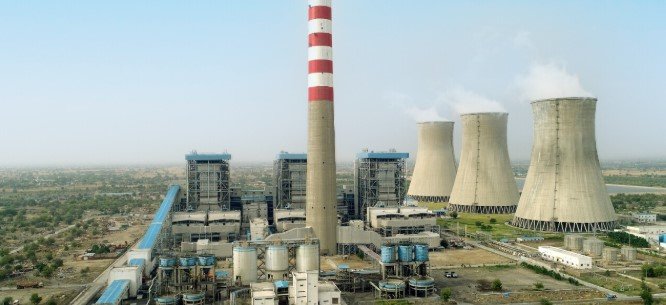New Delhi, 04.06.2025: A group of government experts, led by top science adviser Ajay Sood, has said that most coal power plants in India don’t need to install sulphur-cleaning machines called FGDs (Flu Gas Desulphurisation) units. These machines remove harmful sulphur dioxide (SO2) from the air. Since 92% of India’s 600 coal plants haven’t installed FGDs yet, the panel suggests that 80% of them can skip it without risking people’s health—especially if they are far from big cities.
This decision was made after scientists from CSIR-NEERI, the National Institute of Advanced Studies, and IIT Delhi studied pollution data. They found that SO2 levels in most parts of India are already low. The meeting on April 23 also included officials from the Prime Minister’s Office, Power Ministry, and NITI Aayog. Everyone agreed that FGDs may not be needed in most cases.
Experts explained that SO2 levels in India usually stay between 10 to 20 micro grams per cubic meter, which is within the safe limit. Even cities near plants that have FGDs didn’t show much difference in pollution. Only coal plants located within 10 kilometres of big cities like Delhi, or other cities with over 1 million people, will still need to install FGDs. There are 66 such plants, and only 14 have installed the units so far. They must all finish by 2027.
The committee says this change will not harm public health. Indian coal already has low sulphur, and pollution levels are mostly safe. They also said that forcing all plants to install FGDs would raise electricity costs and cause delays. Now, the Power and Environment Ministries will decide whether to accept this suggestion


